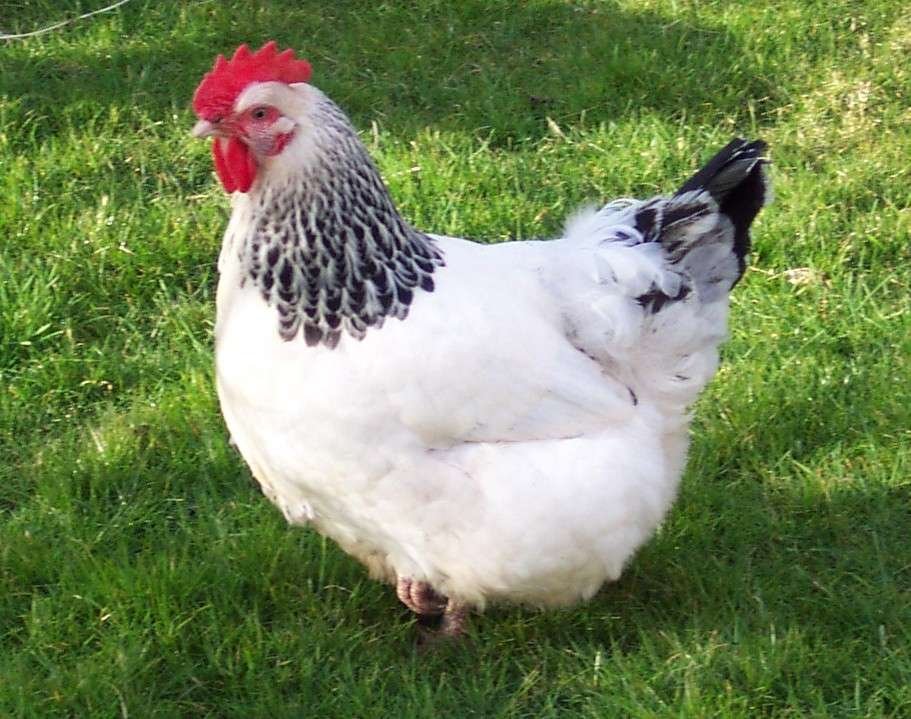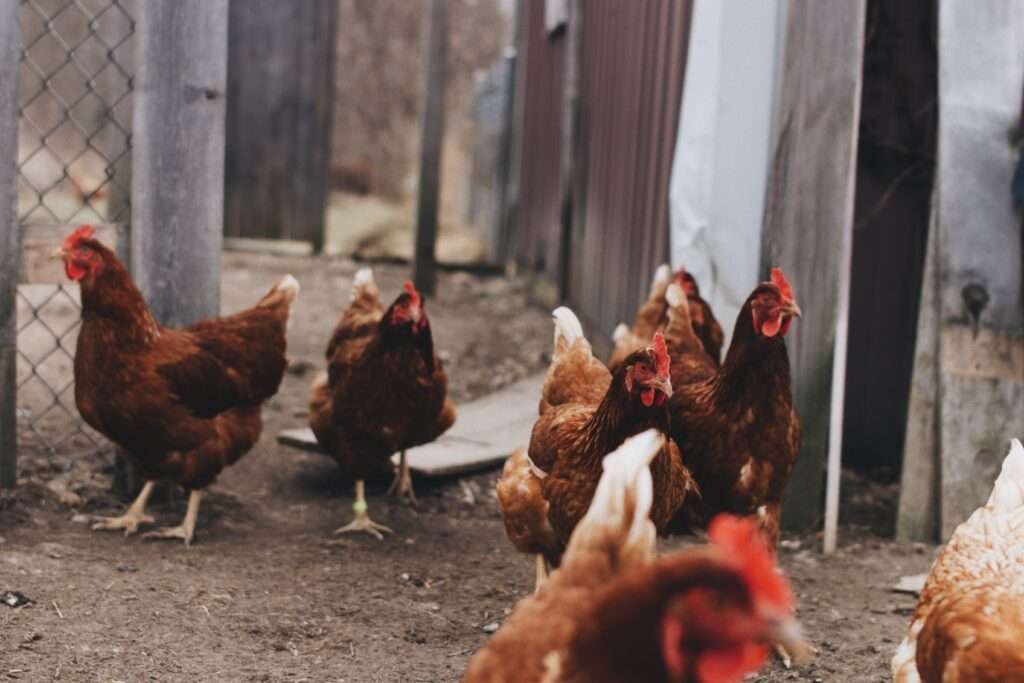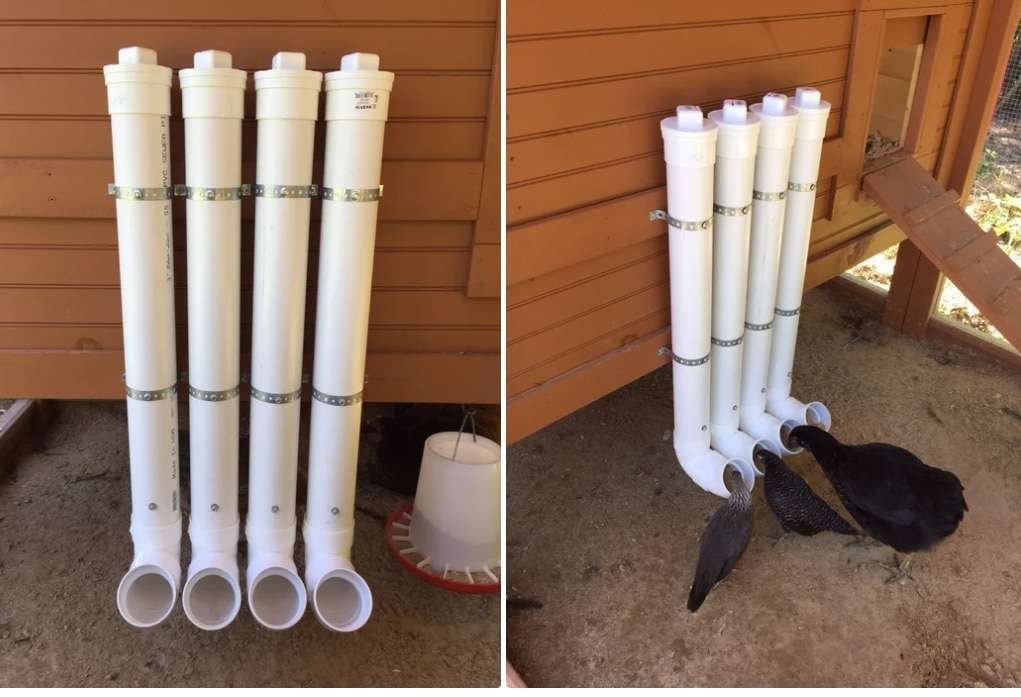Raising chickens is a fulfilling and rewarding endeavor that provides homesteaders and backyard enthusiasts with a unique connection to nature, a sustainable source of fresh eggs, and delightful feathered companions. However, amidst the joys of chicken-keeping, it’s essential to recognize that maintaining a healthy and thriving flock involves an ongoing cost of raising chickens. From providing nutritious feed to essential preventive health measures, understanding the various costs associated with raising chickens is crucial for responsible and successful chicken husbandry. In this comprehensive guide, we will delve into the typical ongoing expenses of chicken raising, offering valuable insights and actual figures to help you budget and plan effectively for your feathered friends.
Initial Cost of Raising Chickens:
Starting a chicken flock requires an initial investment to create a safe and comfortable environment for your chickens. One-time expenses typically include:
- Coop: The chicken coop serves as your flock’s home, and the cost of construction or purchase can vary widely depending on factors such as size, design, and materials. While a basic coop suitable for around six chickens may range from $200 to $800, more elaborate or custom-built coops can surpass $1,500 or more. It’s essential to strike a balance between budget and functionality, ensuring the coop provides adequate space, proper ventilation, and protection from the elements and predators.
- Feeders and Waterers: Providing your chickens with easy access to quality feed and clean water is essential for their health and well-being. The cost of feeders and waterers varies based on their type, size, and material. On average, expect to spend around $30 to $100 on these essential items.
- Bedding: Bedding materials like straw, wood shavings, or hay are necessary for maintaining a clean and hygienic coop. The frequency of bedding changes depends on coop size, chicken activity, and your cleanliness standards. Budget around $10 to $30 per month for bedding materials, but keep in mind that this cost may vary depending on regional availability and seasonality.
- Chickens: Acquiring your flock of chickens is a crucial step, and the cost can vary based on breed, age, and location. On average, you can budget around $15 to $30 per bird. For a modest flock of six chickens, the total initial investment in chickens might range from $90 to $180.

Feed Expenses:
- Exploring Feed Types and Costs: The type of feed you choose can impact both your budget and the health of your chickens. Basic commercial chicken feed is widely available and affordable, typically costing around $0.25 to $0.50 per pound. Premium or organic feeds might be pricier, ranging from $0.50 to $1.00 or more per pound. Balancing your chickens’ nutritional needs with your budget is key to making an informed decision.
- Supplementary Feeding and Costs: While a well-formulated commercial feed is the foundation of your chickens’ diet, supplemental feeding can enhance their well-being. Kitchen scraps, vegetable peels, and garden surplus can supplement their diet and reduce waste. Budget around $5 to $10 per month for supplementary treats, offering both nutritional benefits and entertainment for your flock.
Vaccinations and Preventive Health Measures:
- Common Vaccinations and Costs: Preventing diseases through vaccinations is a critical aspect of chicken health. Common vaccines include Marek’s disease and infectious bronchitis. The cost of vaccines varies, with prices typically ranging from $1 to $5 per dose. Annual booster shots and vaccinations for new additions to your flock contribute to ongoing expenses in this category.
- Deworming and Parasite Control: Deworming treatments and parasite control measures are essential for maintaining flock health. Costs for dewormers and treatments may range from $5 to $15 per dose, depending on the product and quantity needed. Incorporating natural remedies, such as garlic or diatomaceous earth, can also be effective and budget-friendly options.
Coop Maintenance and Bedding Costs:
- Bedding Types and Costs: Choosing the right bedding material is essential for coop hygiene and comfort. Wood shavings, straw, or hay are common options. The cost of bedding varies based on availability and quantity. Budget around $10 to $20 per month for bedding, considering factors like coop size and how often you change it.
- Routine Cleaning and Repairs: Regular cleaning and minor repairs ensure a clean and safe living environment for your chickens. Cleaning supplies, such as brushes and disinfectants, might cost around $5 to $10 per month. Setting aside a small budget for repairs ensures that your coop remains predator-proof and weather-resistant.

Water and Electricity Expenses:
- Water Consumption Factors: Water consumption depends on factors like weather, chicken activity, and coop design. The cost of water might vary based on your local rates, but budgeting around $5 to $10 per month should cover your chickens’ hydration needs.
- Electricity for Coop Lighting and Heating: Coop lighting, especially during winter months to maintain egg production, and heating (if required) contribute to electricity costs. LED bulbs are energy-efficient options for coop lighting, costing around $1 to $3 per month. If heating is necessary, budgeting an additional $5 to $10 per month is reasonable.
Flock Expansion and Replacement Costs:
- Planning for Flock Additions: As your chicken-raising journey evolves, you might decide to expand your flock with new members. Budgeting approximately $15 to $30 per bird accounts for the cost of purchasing new chickens or integrating young chicks.
- Replacement Considerations: Chickens have a finite lifespan, and replacement costs should be anticipated. While the timing of replacement depends on factors like breed and care, budgeting for a replacement chicken every two to three years can help you maintain a consistent and productive flock.
Supplements Cost of Raising Chickens:
- Choosing Healthy Treats: Offering treats to your chickens can be a fun and rewarding way to bond with them while providing additional nutrients. Opt for healthy treats like fruits, vegetables, and mealworms. Budgeting around $5 to $10 per month for treats will keep your chickens content and motivated.
- Supplements for Optimal Health: Some supplements, such as calcium or probiotics, can enhance your chickens’ health and productivity. Budget approximately $5 to $10 per month for supplements, ensuring your chickens receive the essential nutrients they need.
Emergency Veterinary Care and Unforeseen Expenses:
- Importance of an Emergency Fund: Despite your best efforts, unforeseen health issues can arise in your flock. Creating and maintaining an emergency fund dedicated to chicken health can provide peace of mind and ensure you are prepared for unexpected veterinary expenses. Setting aside $100 to $200 or more as part of your emergency fund is prudent.
- Working with Poultry-Savvy Veterinarians: Building a relationship with a poultry-savvy veterinarian is essential for timely and appropriate medical care when needed. Research local vets experienced in treating chickens and discuss their fees for consultations, examinations, and treatments. Knowing your vet’s pricing structure can help you anticipate potential costs in case of emergencies.

DIY Solutions and Reducing the Cost of Raising Chickens:
- Repurposing and Reusing Materials: Embrace a resourceful approach by repurposing materials for chicken-related projects. For example, use scrap lumber to build simple DIY feeders or waterers, or repurpose old containers as nesting boxes.
- Growing Chicken-Friendly Plants: Cultivating a garden with chicken-friendly plants, like herbs or certain vegetables, can provide additional nutrition and reduce your feed expenses. Moreover, some plants have natural insect-repelling properties, contributing to flock health.
- Composting for Bedding and Fertilizer: Composting chicken manure and kitchen scraps can generate rich fertilizer for your garden and bedding material for your coop. This cost-effective and eco-friendly practice reduces waste and enhances sustainability on your homestead.
Long-Term Financial Planning and Monitoring:
- Creating a Yearly Budget: Establish a yearly budget that outlines your expected expenses, including feed, vaccinations, bedding, and other ongoing costs. By calculating and allocating funds for each category, you can maintain financial stability in your chicken-raising journey.
- Tracking Expenses and Adjusting Budgets: Regularly monitor your actual expenses against your budget to identify areas where adjustments can be made. Reviewing your spending habits helps you make informed decisions on cost-cutting measures without compromising your chickens’ welfare.
The Cost of Raising Chickens
Raising chickens is a gratifying and fulfilling experience that requires careful consideration of ongoing expenses. By understanding the various costs involved in chicken keeping, you can create a comprehensive budget that aligns with your goals and resources. On average, the monthly expenses for a modest flock of six chickens can range from $70 to $150, depending on factors such as coop size, feed consumption, and location.
Investing in the health and well-being of your chickens is a commitment that pays dividends in fresh eggs, sustainable practices, and the joy of tending to your feathered companions. By being proactive, resourceful, and financially savvy, you can navigate the ongoing costs of raising chickens while enjoying the countless rewards they bring to your homestead and daily life. Remember that responsible budgeting and thoughtful planning ensure the longevity of your chicken-raising venture and a thriving flock that will enrich your journey as a poultry enthusiast.






